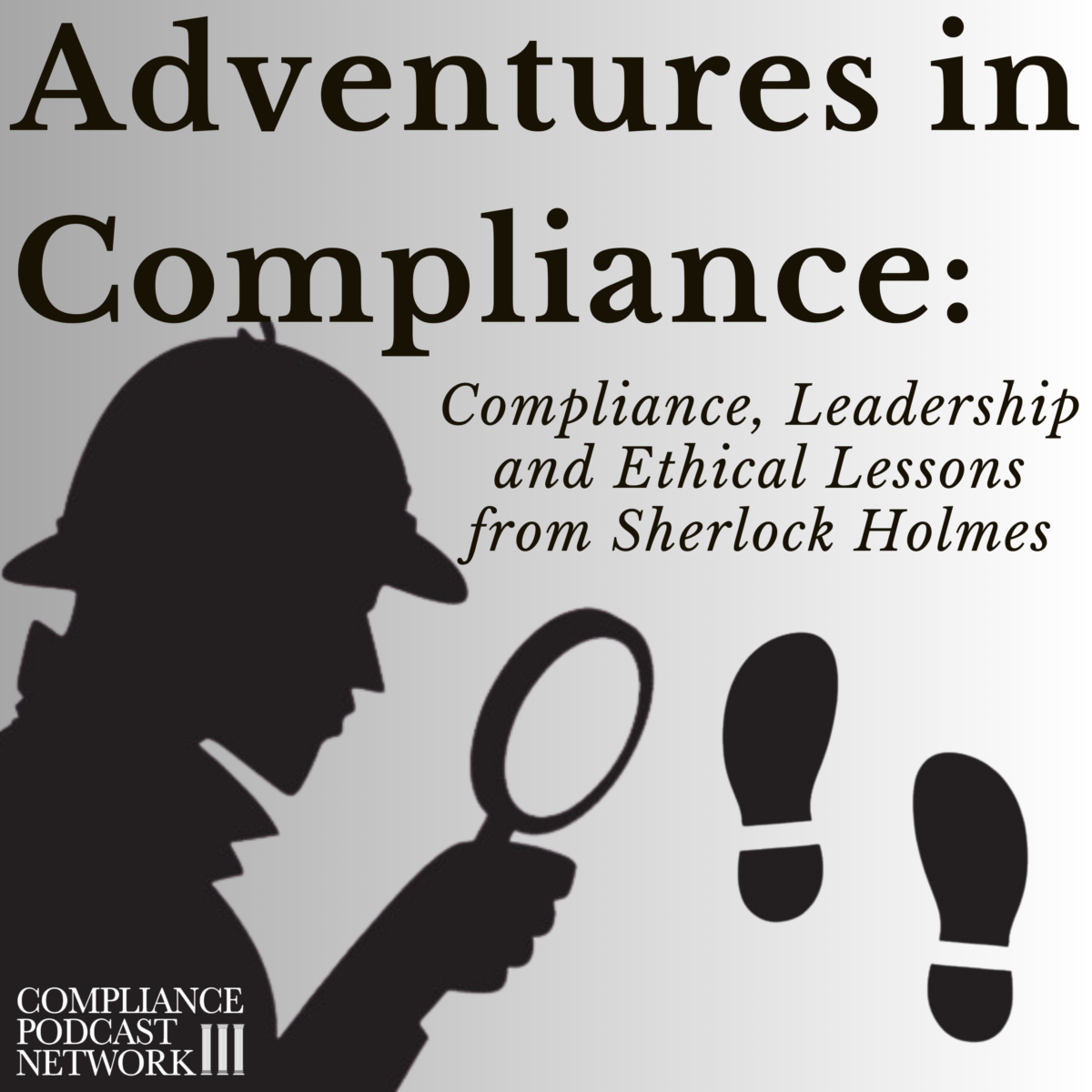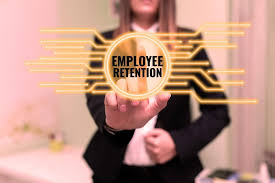Today, Donald Trump will be inaugurated as the 47th President of the United States. I can only say with complete certainty that the world of compliance will never be the same after today. Trump promises tariffs and sanctions against America’s enemies, competitors, and friends. His views on the Foreign Corrupt Practices Act (FCPA) are well known (‘a horrible law’), and so are his views on bribery.
He may well be the first President to employ the FCPA as a weapon against companies from countries that are not only the US’s enemies and competitors but also our allies. This is nothing to say about how he will direct the Department of Justice to use the Foreign Extortion Prevention Act (FEPA) against our enemies, competitors, and allies. So get ready for the Wild West of corporate compliance for the next four years.
As compliance professionals face this miasma in 2025, compliance leadership skills will be more critical than ever. With these new, renewed, and mounting regulatory pressures, declining employee engagement, and intensifying demand for ethical corporate governance, the role of compliance leaders has never been more pivotal or challenging.
To navigate the first part of this Wild West, I propose three leadership skills for the Chief Compliance Officer (CCO), compliance professional, or compliance practitioner to focus on. One faces outward, one faces inward, and the third relates to your attitude. They are (1) fairness, (2) curiosity, and (3) a sense of humor. These three skills will enhance your team’s effectiveness and strengthen your organization’s overall compliance posture.
Fairness: The Cornerstone of Compliance Leadership
Fairness is the bedrock of a strong compliance culture. Employees who perceive their leaders as fair are likelier to adhere to policies, report concerns, and contribute to an ethical workplace. With 70% of workers dissatisfied with their pay and disengagement on the rise, fairness is no longer optional; it is essential. You only need to conference the entire controversy around Return to the Office (RTO) at JP Morgan when, as the Wall Street Journal reported, the company disabled its internal chat function because of the plethora of negative comments on the full implementation of RTO. Talk about not wanting to hear what is on your employees’ collective minds.
Fairness extends beyond legal compliance into the realm of interpersonal relationships. For compliance leaders, this means:
1. Relationship Justice-Treating employees with professionalism, dignity, and respect
Relationship justice is the foundation of trust in any organization and a critical component of compliance leadership. It involves treating employees as valued contributors, respecting them, and maintaining professionalism. Leaders who model relationship justice foster an environment where employees feel psychologically safe to raise concerns, share ideas, and report potential misconduct. For compliance professionals, this means actively listening to employee feedback, addressing grievances promptly, and avoiding behaviors that could be perceived as favoritism or bias. Consistently demonstrating respect and dignity reinforces ethical culture and strengthens employee morale and engagement, making them more likely to align with compliance initiatives.
2. Task Justice- Ensuring decisions are transparent and consistent.
Task justice focuses on the “how” of leadership—how decisions are made, communicated, and executed. Transparency is key to task justice; employees should understand the rationale behind decisions, especially when they affect their roles, responsibilities, or compensation. Consistency is equally important, as arbitrary or unpredictable decision-making undermines trust and can lead to perceptions of unfairness. Compliance leaders can implement task justice by using structured frameworks for decision-making, such as compliance risk matrices, and by documenting the process for policy updates or disciplinary actions. Clear communication of decisions and opportunities for employees to ask questions or provide feedback ensures that everyone feels included and informed, reducing resentment and fostering collaboration.
3. Distributive Justice – Aligning rewards with individual contributions
Distributive justice ensures that rewards, recognition, and outcomes are proportionate to the effort and contributions of individual employees. This dimension of fairness requires leaders to assess performance objectively and ensure that rewards—whether promotions, bonuses, or simple recognition—are distributed equitably. For compliance professionals, distributive justice can manifest in recognizing team members’ contributions to audits, investigations, or training programs. Leaders should avoid blanket recognition that overlooks individual effort and tailor rewards to highlight specific accomplishments. Employees who feel their contributions are valued and acknowledged are more likely to remain engaged, motivated, and committed to compliance goals. Ultimately, distributive justice reinforces the message that ethical behavior and hard work are consistently rewarded.
The CCO is pivotal in embedding fairness within the compliance program and the broader corporate culture. The DOJ refers to this as Institutional Justice and Fairness in the 2024 Evaluation of Corporate Compliance Programs. Whatever you (or the DOJ) might call this, the CCO must prioritize transparency, consistency, and respect across all compliance and cultural touchpoints to achieve this.
First, fairness starts with transparent processes in the compliance program. The CCO should establish clear protocols for investigations, audits, and disciplinary actions, ensuring employees understand the steps and criteria used in decision-making. The CCO can reduce bias and promote consistency by leveraging tools such as decision matrices or documented frameworks. Regular communication about compliance updates, policy changes, and enforcement actions reinforces transparency and builds trust.
Second, fairness in corporate culture is achieved through relationship-building and recognition. The CCO should foster open dialogue by creating channels for employees to voice concerns without fear of retaliation. Training programs emphasizing fairness—such as workshops on unconscious bias or ethical leadership—can cultivate a more respectful workplace. The CCO must ensure that ethical behavior and contributions to compliance efforts are consistently acknowledged and rewarded.
Ultimately, by modeling fairness in leadership and weaving it into compliance processes and cultural practices, the CCO sets the standard for ethical behavior, fostering employee trust and long-term organizational integrity.
Join us tomorrow to explore curiosity and the CCO/compliance professional.







